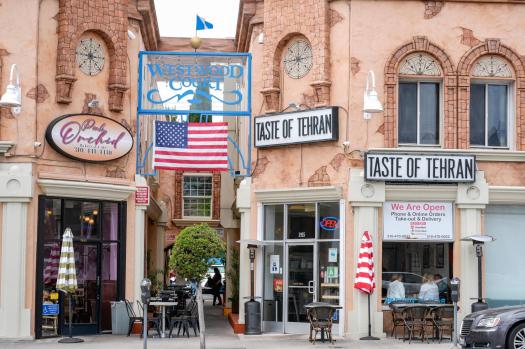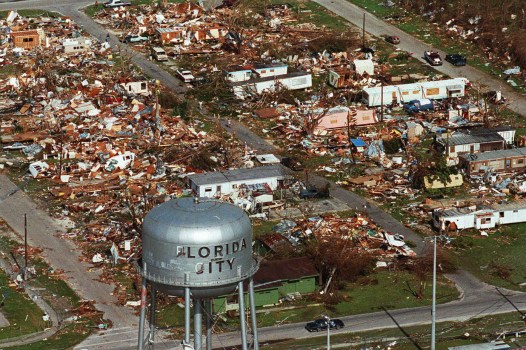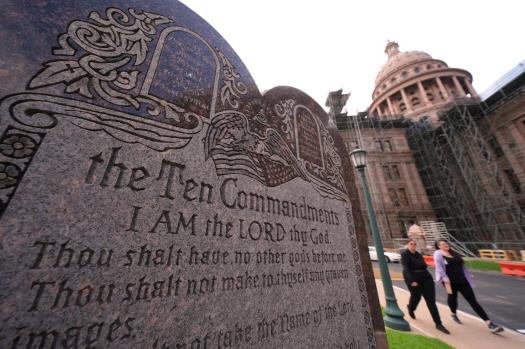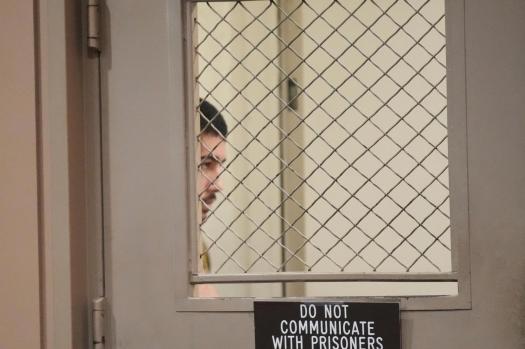By the Mariana Family
Fariba Pajooh, who was born and reared in Iran, was imprisoned there prior to her arrival in the US. She wants to see improvements in her country, but not via American bombs or Israeli rockets.
The 45-year-old Detroit doctorate candidate claimed that Iranians deserved freedom and democracy. However, bombs, missiles, and foreign military attacks cannot bring about true transformation. Democracy cannot be imposed by force, as history has demonstrated.
Many members of the Iranian diaspora in America have experienced a range of emotions, including fear and uncertainty, as a result of the rapidly evolving conflict between Israel and Iran, in which the United States recently intervened by targeting Iran’s nuclear sites. It has also highlighted divergent views on the future of the nation.
That complexity was emphasized by Anna V. Eskamani, a Florida House lawmaker and the daughter of Iranian immigrants.
The majority of the diaspora, in my opinion, is in agreement that Iran needs a new administration and democracy, but we are also deeply worried about the safety and well-being of our loved ones as well as the effects on defenseless bystanders.
According to Eskamani, some people prefer diplomacy to conflict, while others believe that armed action will topple the Iranian government.
It’s really challenging, she added, because in addition to worrying about your family’s well-being, you’re also concerned about the rift in the community both domestically and internationally. Therefore, it’s basically layers upon layers of intricacy.
On June 13, Israel launched a surprise volley of attacks on Iranian targets, claiming it could not allow Tehran to produce atomic weapons and that it was on the verge of doing so. Iran has consistently insisted that its program is non-violent.
A shaky ceasefire now seems to be holding after the two countries exchanged strikes for many days. If it happens, the world will feel relieved since the United States stepped in and dropped bunker-buster bombs on nuclear sites over the weekend.
Two days after initially seeming to flout the idea, President Donald Trump declared that he was not pursuing regime change in Iran.
On Air Force One, Trump told reporters, “I would like to see everything calm down as soon as possible.” Chaos is necessary for regime change, and we should ideally avoid too much of it.
Particularly for those who have family in Iran, it has been a trying time. Pajooh stated that she and her mother were concerned about her grandfather in Tehran, who at first was unable to flee but eventually succeeded.
She stated, “My mom is a tough woman.” “I always call her and cry, so when she calls me and cries, it’s a big thing,” Pajooh continued, her voice breaking with emotion.
“My heart is not as heavy as it was before the ceasefire,” she remarked. I think I can breathe.
Journalist Pajooh claimed to have been detained and arrested twice in Iran. However, she asserted that the Iranian people themselves should make the decisions for any reforms to the nation.
She added, “We don’t want you to use your bombs to bring us democracy.” It’s our job. We’re going to do it.
Sharona Nazarian, a Jewish immigrant from Iran and the mayor of Beverly Hills, California, vehemently supported Israel’s attack.
She warned last week at a municipal council meeting that an Iranian dictatorship with nuclear weapons would be a serious threat. Although challenging, Israel’s response shows a proactive attempt to avert a possible disaster.
Iran’s own citizens must be the ones to bring about genuine change, she continued. I’m hoping they’ll band together and take back their future.
Rachel Sumekh is Jewish and was raised in Los Angeles. She has close relatives in Israel and extended family in Iran, and her parents are Iranian. She is aware that a large number of Americans of Iranian heritage favor the war because they want the regime to change.
Sumekh remarked, “I’m just praying that this leads to more freedom and liberation for the Iranian people.” However, if history has taught us anything, it is that bombs by themselves cannot bring about enduring peace in the Middle East. All of this is complicated, disorganized, and unclear.
Sumekh said she was shocked to see some individuals holding posters demanding the restoration of Iran’s monarchy as she drove Monday close to Tehrangeles, also known as Persian Square.
A king democracy has existed since when? “I said,” she said. We all left Iran for a purpose, regardless of our religious affiliation. Many individuals are upset right now and believe that everything will be alright if Iran returns to the time they left it.
Elika Dadsetan remembers thinking, “No one wins in this,” when she first learned that the United States had hit Iran in Massachusetts.
That’s what we want to change. We’d like to handle it internally. We don’t want it imposed on us, particularly not by the United States or Israel, and not in this manner, not by bombing, she stated.
She has been struggling to acquire updates from certain relatives in Iran for the past week or two while she struggles with heartbreak, anger, and loss.
According to Dadsetan, we are robust. We shall overcome this, but regrettably, it will take a great deal of suffering before we do.
Deepa Bharath, a writer with the Associated Press, contributed.
Lilly Endowment Inc. provides financing for the Associated Press’s partnership with The Conversation US, which supports its coverage of religion. This content is entirely the responsibility of the AP.












